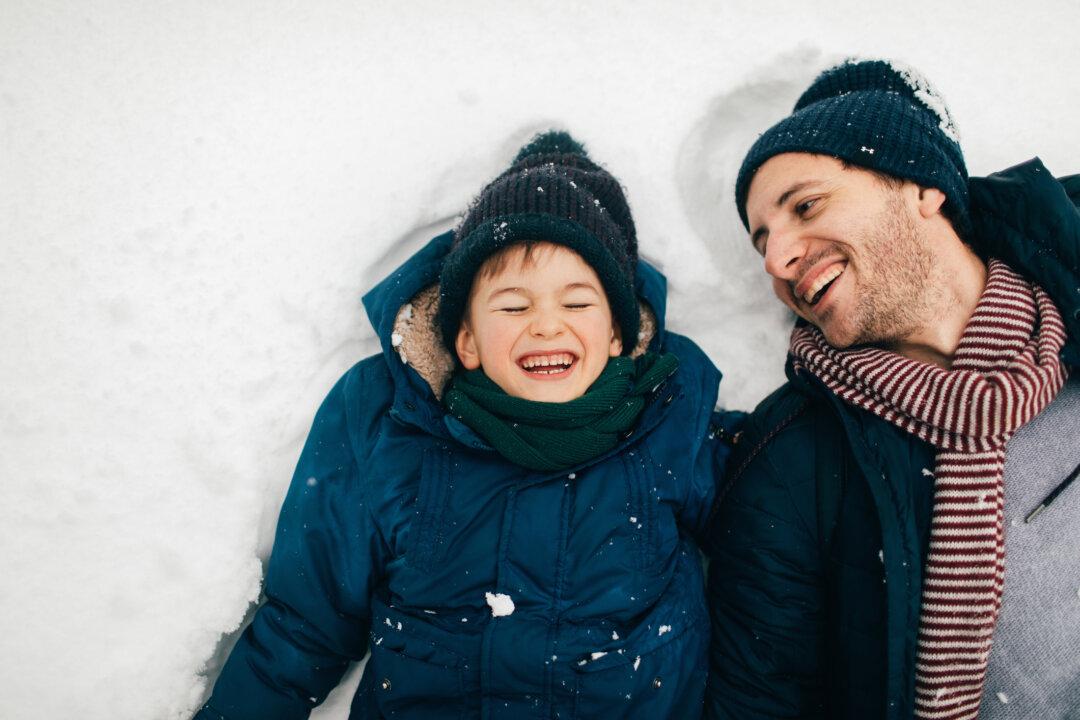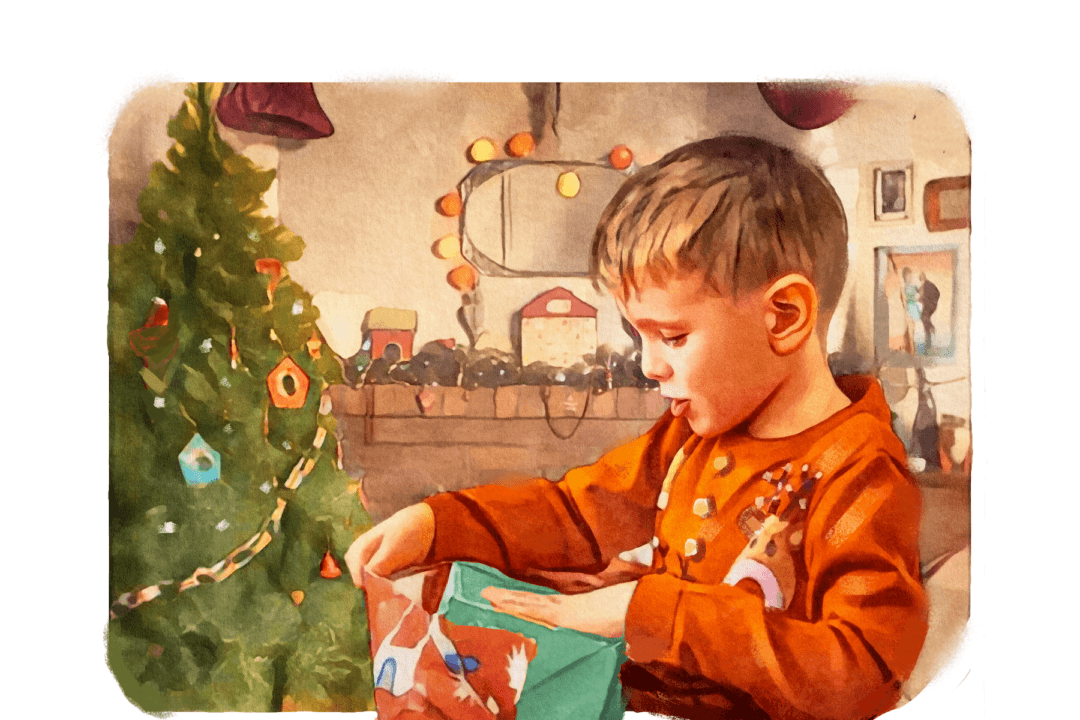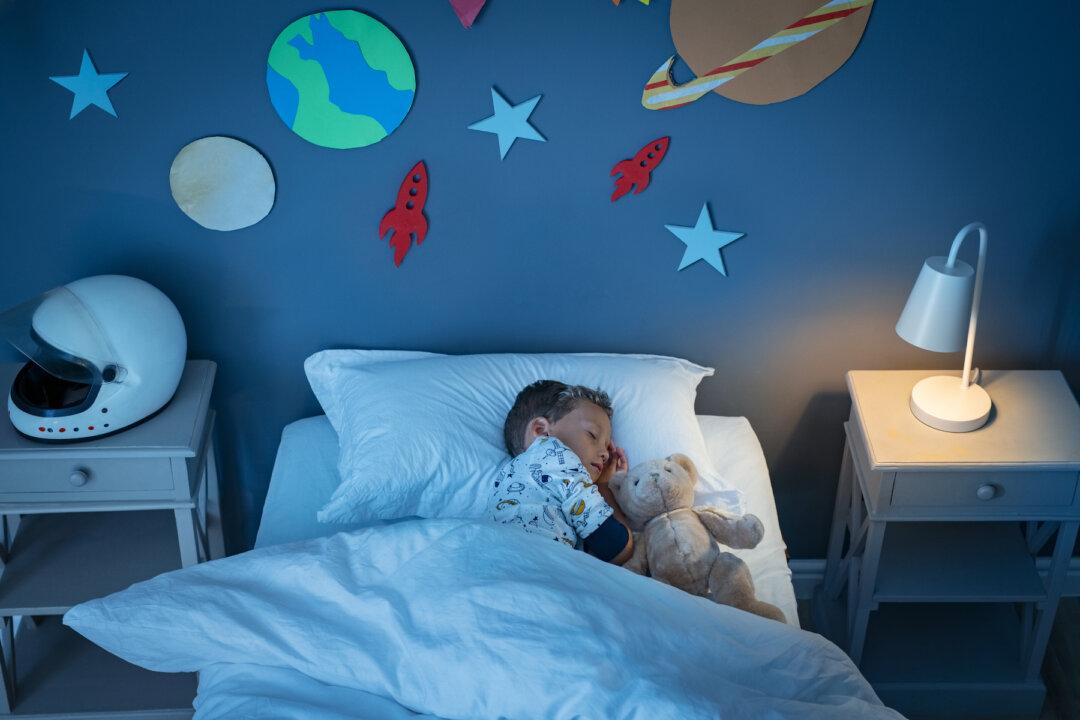When our family lived in Wisconsin, we took advantage of February’s cold weather by having a cookout on our pond. By Valentine’s Day, the pond was topped with 15 to 20 inches of solid ice, so we had no fear of breaking through. We invited every family we knew and borrowed grills from some of our guests. Each year, we served 12 to 15 dozen hamburgers.
Most of our guests hadn’t skated before, while some of the younger ones were accomplished skaters. Many of the adults just enjoyed the warm sun and watching the skaters perform. Our friends from the Philippines commented that the weather was very cold but that the party was the best they had ever attended.





